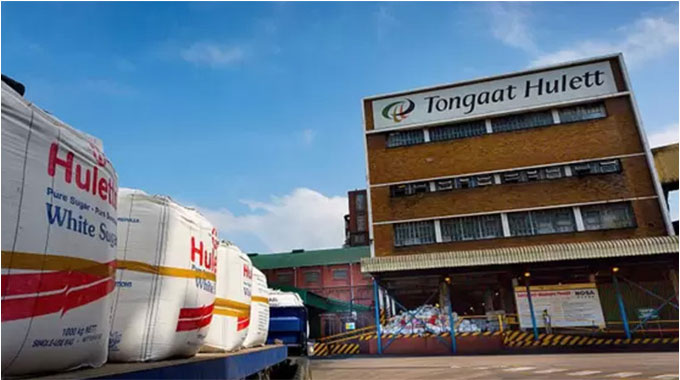Call for climate-proofed infrastructure investment
GOVERNMENT has called for enhanced investment in climate-proof infrastructural projects in order to reduce the impact of natural disasters, which have a devastating effect on the economy.
Addressing delegates at the inaugural Africa Infrastructure and Built Environment Conference and Expo, AfriConfex 2022 in Bulawayo last Friday, Transport and Infrastructural Development Deputy Minister, Mike Madiro, said more private sector involvement in infrastructural development projects was critical as the sector holds a large pool of capital resources.
The involvement of the private sector will reduce the burden on over-reliance on the
fiscus and traditional sources of funding, he added.
AfriConfex
“With global climate change, and increasing frequency and intensity of extreme weather
events, there is an urgent need to climate-proof infrastructure investments,” said
Deputy Minister Madiro.
“As you will recall, devastating cyclones have repeatedly led to massive destruction of
critical infrastructure. This, therefore, entails that all our infrastructure projects must
now be climate-resilient.”
The conference was held under the theme “Solid Foundation, Stronger Future: Exploring
Linkages in the Infrastructure Value Chain.”
Climate-proofing is a process that integrates climate change mitigation and adaptation
measures into the development of infrastructure projects. In recent years the country has
experienced several natural disasters that caused huge infrastructural damages and
claimed lives.
To maximise on climate-proofing investment, Deputy Minister Madiro said it was key for
the private sector to come on board and complement measures already put in place by the
Government.
“Government has successfully provided a framework for building high quality public
infrastructure that citizens require. It’s now incumbent on the private sector and
individual communities to complement Government’s efforts as we step into the next
stage of our economic recovery and growth trajectory,” he said.
Deputy Minister Madiro said with an ever-increasing population living in cities, demand
for homes, workplaces and infrastructure, including sanitation, power and clean water,
will place an enormous burden on authorities.
climate change
He said infrastructure development is a capital intensive undertaking hence the need for
the private sector to assist by funding some of the projects. He also said institutional
investors also hold a large pool of capital that need to be mobilised and channelled into
financing of infrastructure.
During the conference, financial institutions and investment bodies expressed
willingness to fund infrastructure projects but said lack of bankable feasibility studies by
local contractors was the major stumbling block.
They appealed to local contractors to invest in feasibility studies for all projects as they
unlock funding.-chronicle.c.zw









